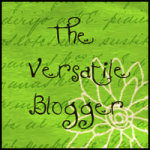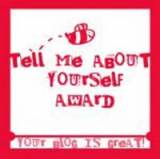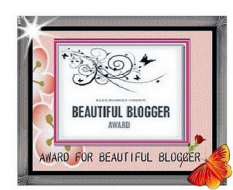I may have mentioned before that I attend a Poetry Group at our local Library on the 1st and 3rd Thursday each month. This is not a writer’s group but more of an appreciation group, though we may read our own poems if we wish so long as they fit the topic. We have a yearly programme of topics suggested by members and this can be anything from, for example, simple ideas such as ‘Yellow’ through things like ‘Trains and Boats and Planes’ to named poets, such as Milton, Shakespeare and of course more modern poets too. The topic can be interpreted how you like and is for guidance only.
One of the things I like about attending this group is that in researching poems to take along I often come across a poet entirely new to me, or maybe I’m introduced to such a poet by someone else’s choice, especially poets who may be less well known. I have found many a poet to admire this way.
Last Thursday was our first meeting after the summer break and the topic was ‘An Irish Poem’. This gave pause for thought about semantics – why not Irish Poets? What makes a poem an Irish poem? This was by-the-by, most people interpreted it as Irish Poets. I wished to avoid the obvious such as W.B. Yeats and Seamus Heaney whose books number amongst my collection and who I thought would be well represented by other members of the group so I set about researching Irish poets writing about Ireland. I came across Eavan Boland.
Although apparently well regarded as a poet I had never come across her before. I am lead to believe that she is somewhat better known in the US than in the UK. She was born in Dublin in 1944 but spent her childhood in London and New York (her father was a diplomat), returning to Ireland for secondary school and University at Trinity College, Dublin. She is married with two daughters and her poetry often takes on board the relationship with her daughters. Her subjects tend towards domestic life, myth, love, history and the Irish rural Landscape. Poet Ruth Padel refers to her ‘commitment to lyric grace and feminism’ and she is keenly aware of the troubled place that women hold in culture and history, including the difficulties faced by women in a male-dominated literary world. She endeavours to write an honest account of female experience in Ireland.
If you have never come across her before I thoroughly recommend you look her up. I was most taken with the samples of her poetry that I discovered on the Internet and choose two to read at the meeting, although in the event I only read one of them but I was pleasantly surprised to find that one of our other members had also brought a poem along by Eavan Boland – her chosen one was one of the family poems whereas I had chosen poems about Irish myth and history, poems that could only be set in Ireland. The poem that I didn’t get to read at the meeting I would like to share with you here. Since I found it on the Internet I hope I am safe in assuming it is in the public domain:
‘My Country in Darkness’ by Eavan Boland
After the wolves and before the elms
the bardic order ended in Ireland.
Only a few remained to continue
a dead art in a dying land:
This is a man
on the road from Youghal to Cahirmoyle.
He has no comfort, no food and no future.
He has no fire to recite his friendless measures by.
His riddles and flatteries will have no reward.
His patrons sheath their swords in Flanders and Madrid.
Reader of poems, lover of poetry—
in case you thought this was a gentle art
follow this man on a moonless night
to the wretched bed he will have to make:
The Gaelic world stretches out under a hawthorn tree
and burns in the rain. This is its home,
its last frail shelter. All of it—
Limerick, the Wild Geese and what went before—
falters into cadence before he sleeps:
He shuts his eyes. Darkness falls on it.







Sep 09, 2019 @ 19:18:17
A wonderful poem and gives such colorful images of Ireland and the stories in which they believe. Thanks for sharing.
Sep 10, 2019 @ 20:26:45
🙂 I am truly pleased to discover this writer.
Sep 10, 2019 @ 17:22:35
Mmm. Now I must look into this.
Sep 10, 2019 @ 20:27:03
🙂